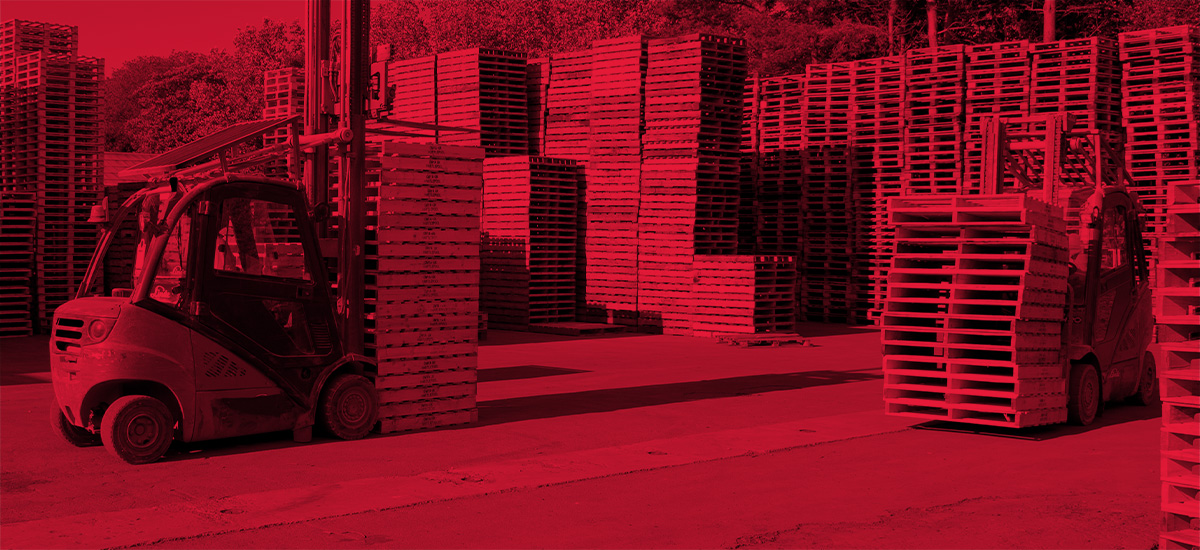Waste Insure have reported that the Wood Recyclers Association do not believe that it is the right time for a restriction on landfilling wood waste after Defra have called for evidence on restricting wood to landfill.
Executive Director of the WRA, Peter Butt, commented that, “the WRA has always been, and remains, a supporter of plans for minimising landfill. However, the association has recommended that the time is not right for this action.”
The WRA has based its decision on several reasons including, uncertainty over market trends, current volumes of re-useable wood are far smaller than estimated and the perceived lack of government enthusiasm for landfill restrictions at the current time.
Defra have stated that landfilling biodegradable waste such as wood waste leads to greenhouse gas emissions. They have also admitted that there are no clear statistics on wood waste, especially the amount going to landfill.
It is reported that the total amount of waste wood produced in the UK each year is in the region of 4.3 million tonnes. Almost 2.3 million tonnes of this wood is recycled or used for energy recovery in the UK. Approximately 300,000 tonnes is exported and between 0.8 million to 1.2 million tonnes of waste wood go to landfill.
A spokesperson from Defra said, “Our analysis estimates that by 2024 wood waste going to landfill will have declined to under 300,000 tonnes, driven by increases in the landfill tax and by subsidies for renewable energy generation. To drive greater diversion of wood waste beyond this trend, new policy interventions could be required.
"Most of the additional landfill diversion is expected to be low-grade wood waste which would be diverted to energy recovery rather than higher up the hierarchy, for example to recycling.”
Defra believe that the key issues to consider on the restrictions of wood waste include the feasibility of sorting wood waste to establish a grading quality, lead times and practical enforcement of any restriction.
The Defra spokesperson added: "Government’s collective approach is to ensure that regulation is only used as the last resort. We would welcome views on measures such as improved collection and sorting infrastructure, producer responsibility schemes and increasing re-use of wood waste.”
WRAs Peter Butt said, “The WRA have strongly urged government to put plans in force to continue with the landfill tax escalator beyond 2014, since this legislation has been very effective in diverting wood away from landfill."
As part of RPSs objectives, our business is driven by the ethos of reduce, reuse, recycle. The government’s changes to the Waste Framework Directive and Waste Hierarchy are equally important, as it places reuse over recycling, which in turn is over disposal. Although the WRA believe it isn’t the right time for the restrictions on wood waste to landfill, your wooden packaging assets are not waste. A pallet can be reused several times and will help reduce your:
- Total landfill tax – less packaging to waste.
- Packaging waste tax – reused packaging is not new and is therefore exempt from packaging waste tax.
- Carbon emissions – such as the ones described by Defra above, but also, the effort to make a new pallet.
- Overall packaging costs – a recovered pallet could be returned to you for reuse at up to 50% of the cost of a new pallet.
- Use of several suppliers – let RPS take the hassle away by providing a full transit packaging supply service.







